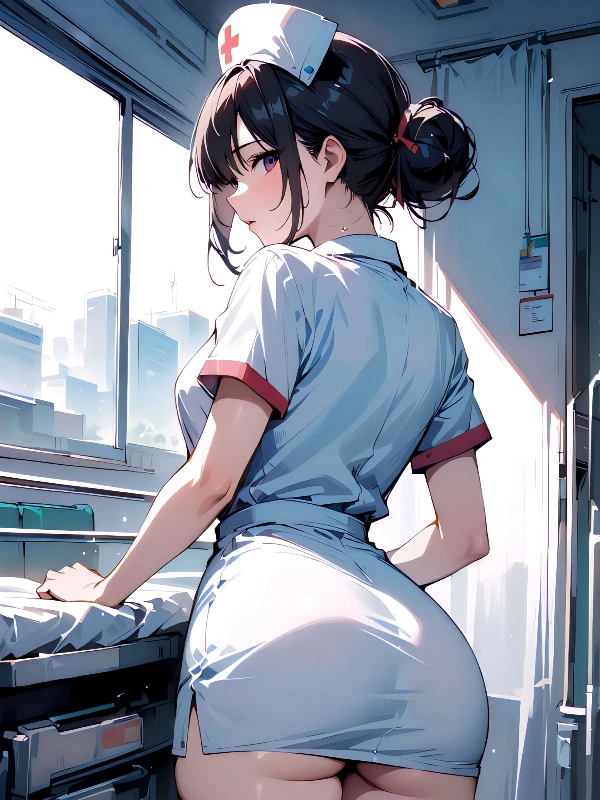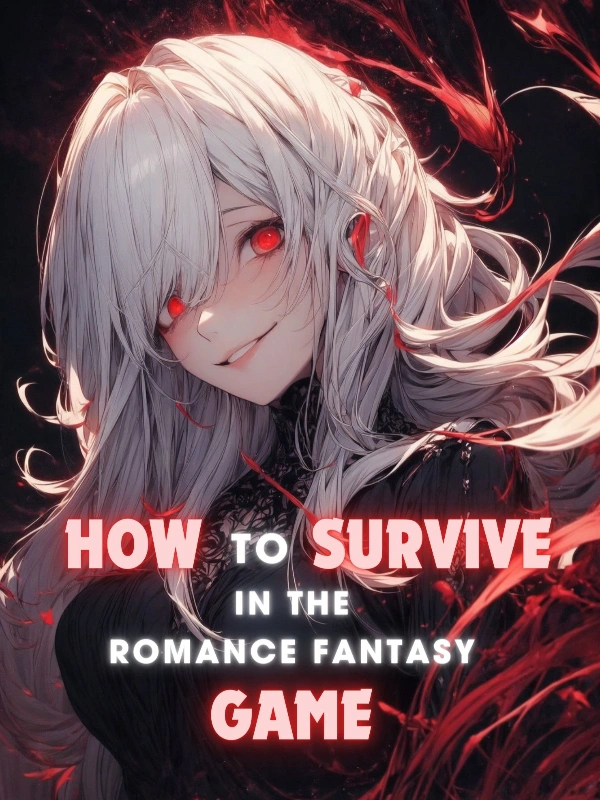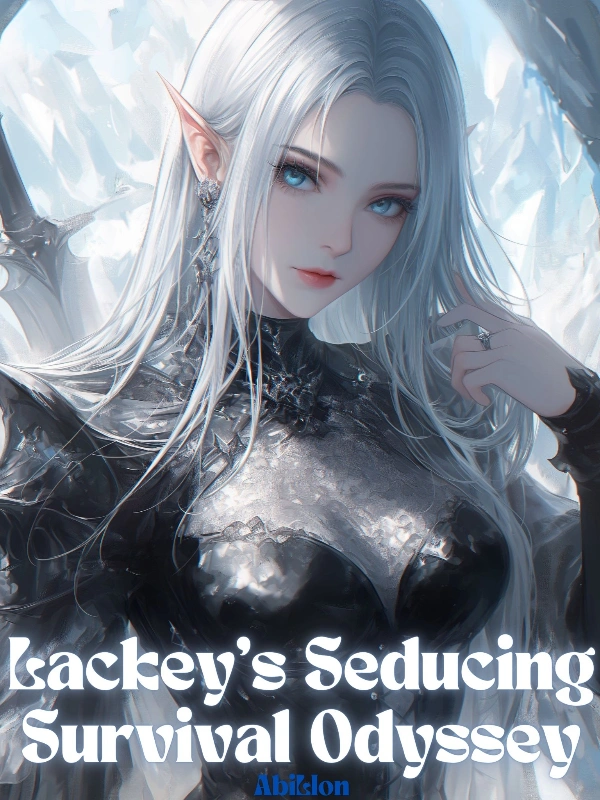Chapter 75: For What Do We Fight? (5)
Translated by Vine | Proofread by Lust
For the latest updates, visit: ProNovels.com
Join our Discord for release updates: https://discord.gg/Eh2ayfR4FB
< World War II – For What Do We Fight? (5) >
December 31, 1939
Northern Italy, South Tyrol (Trentino-Alto Adige)
The Italians, observing the seemingly weak German defenses, with its poorly constructed salients and obvious vulnerabilities, were elated.
The Germans, in their hasty retreat, must have failed to establish a proper defensive line.
The Italian High Command, confident of an easy victory, ordered the offensive. However, their optimism was short-lived.
The seemingly vulnerable salients were, in fact, heavily fortified, and the concentrated German fire mowed down the advancing Italian troops.
The Italian High Command, realizing their mistake, shifted their focus to the seemingly weaker sections of the German line, launching an armored assault.
However, instead of good news, they received unbelievable reports.
“Enemy tanks! Argh!”
The Italian armored units, having broken through the weak initial resistance, ran into a carefully prepared ambush, facing heavy losses from concealed Panzerjäger Is. They were now trapped, surrounded by the enemy, taking fire from all directions.
[Headquarters, headquarters! We need reinforcements! This isn’t a weak defensive line! It’s a trap!]
General Garibaldi’s desperate plea was met with silence at the Italian headquarters.
Weren’t the Germans outnumbered? Why did it feel like they were facing a larger force?
“…Send in the reserve infantry to rescue them.”
“Yes, sir.”
With their offensive stalled and their troops surrounded, Marshal Graziani deployed nearby infantry corps.
However, just a day later, more bad news arrived.
“The reserve infantry corps are also surrounded? How is that possible?”
“T-They’ve concentrated their artillery and are using it to disrupt the terrain. Our troops can’t advance through the constant barrage.”
The Italian generals swallowed nervously.
This was supposed to be an offensive. They were supposed to be pushing through the German defenses.
But the seemingly weak German lines were shifting and adapting, swallowing their troops whole.
It felt like they were the ones defending, trying to rescue their encircled troops.
The concept of a seemingly weak defensive line, carefully designed to provide mutual support between different sections, taking into account the terrain and the range of their weapons, was beyond their comprehension.
“Then, we’ll send in the armored reserves.”
They decided to deploy their armored reserves, including the new M11/39 medium tanks, which they had been saving for a decisive offensive, to rescue their trapped forces.
–
“Argh!”
“Pietro!”
An Italian soldier, witnessing his comrade’s death, huddled in his trench, clutching his helmet, his hands shaking.
It had been three days since they had entered the seemingly weak German defenses, only to be surrounded and attacked.
They had been told they had numerical superiority, but why were they the ones trapped and under attack?
From their perspective on the front lines, it felt like the Germans outnumbered them three to one.
Their tankettes, which had initially led the advance, had been ambushed and destroyed, and those that remained were useless, trapped and surrounded.
The only consolation was the poor weather, which kept the enemy air force grounded.
The Italian air force, which had bombed Tyrol freely in the early stages of the war, had long since lost control of the skies to the German Luftwaffe.
“This is madness. Why are we fighting a defensive battle?!”
General Italo Garibaldi was in disbelief.
They had thought they had broken through the German defenses, only to find themselves trapped in a carefully prepared kill zone.
“General, our armored reinforcements have arrived! We can break out with their support!”
“Finally!”
General Garibaldi, almost in tears, rejoiced, but their joy was short-lived.
“General, our armored units are under attack!”
The Italian M11/39 tanks, which had looked so impressive to the Italian troops, were being attacked from the flank by German Panzer IVs.
While Italian engineers had touted the M11/39’s innovative design, with its hull-mounted main gun to destroy enemy tanks and a turret-mounted machine gun to suppress infantry, reality proved to be less than ideal.
The Italian “new” tanks, many of which lacked proper radios, were being destroyed, their flanks exposed to the Panzer IVs’ concentrated fire.
“Hold them back! If they break through, we’re finished!”
However, General Garibaldi’s orders were meaningless. The Italian troops, trapped and terrified, were paralyzed by fear.
The Italian High Command, realizing that their armored reserves had also been ambushed, continued to send in reinforcements, but it was too late. They were simply feeding their troops into a meat grinder, facing concentrated artillery fire and German armored divisions.
After days of fighting, the encircled Italian forces were almost completely annihilated, with only a handful of survivors managing to escape.
Erwin von Witzleben, an infantry general, had entrusted the command of the armored units to his Chief of Staff, Walther Model, allowing him to deploy them effectively. His decision proved to be devastating for the Italians.
Walther Model’s aggressive defense, luring the enemy into carefully prepared traps, rather than passively defending a static line, shocked both Germany and Italy in its first application.
In the two weeks of fighting between fifteen German divisions and forty Italian “corps” (divisions), German casualties numbered around five thousand, while Italian casualties exceeded forty thousand.
Witzleben’s Army Group South not only bought time for Wilhelm Ritter von Leeb’s main force to withdraw to Germany, but also successfully evacuated the local South Tyroleans who had been collaborating with the Germans to Tyrol.
The Italians attempted to pursue Army Group South as they withdrew from South Tyrol, but they suffered further losses from Luftwaffe bombing raids, the rearguard’s resistance, and booby traps.
Thanks to the efficient supply of winter clothing and equipment from Germany, and Walther Model’s meticulous planning, which included the use of sleds for transporting equipment, Army Group South minimized their losses and successfully retreated across the Alps to Tyrol, unlike the Italians, who had suffered heavy losses during their earlier retreat.
While Italy celebrated the recapture of their territory as a great victory, they were ridiculed internationally.
The Italian troops, terrified of the German “meat grinder” defense line, were reluctant to launch another attack on Tyrol, and the Italian High Command abandoned any plans for a renewed offensive.
–
January 15, 1940
Budapest, Hungary
“It’s strange, being here with you, State Secretary. It reminds me of the old days.”
I smiled at State Secretary Erich Kordt’s remark.
“It wasn’t that long ago.”
“True, just a few years. But it feels like a lifetime ago.”
It was Kordt who had introduced me to Weizsäcker at my first meeting with the von Kleist group, allowing me to gain a foothold within the Black Orchestra.
We had come a long way together, from the Munich Agreement to Operation Widerstand.
Although we hadn’t worked together much since the formation of the New Government.
Enjoying the translation? Stay updated with the latest chapters at ProNovels.com.
“So, when are you getting married?”
Erich Kordt, having known Claudia before I did, was one of the few who showed interest in her as well.
“I’d like to, but the current situation isn’t very conducive to wedding planning.”
I would turn thirty on August 15th, my birthday, which was also Korea’s Liberation Day in the original timeline. I was starting to feel the pressure. And my journalist was an exceptionally captivating woman.
“That’s a shame.”
“Indeed.”
Claudia had suggested simply registering our marriage without a ceremony, but while I appreciated her consideration, I felt it would be… unfair to her.
In any case,
With Witzleben and Model successfully halting the Italian advance and allowing Wilhelm Ritter von Leeb’s forces to withdraw to Germany, we had managed to extinguish the most immediate threat.
However, in the meantime, Poland had launched another offensive against East Prussia, and we had lost considerable territory.
Fortunately, we had managed to hold Königsberg, thanks to the relentless naval bombardment by the Reichsmarine, which had destroyed the Polish navy in Danzig and deployed its capital ships to support the defense of the city.
Of course, it came at a cost. We had to replenish the expensive naval shells, and I couldn’t refuse Admiral Raeder’s request for increased naval funding…
But it was still better than losing Königsberg.
While Wilhelm III had wanted to rename the navy to Kaiserliche Marine (Imperial Navy), it was deemed too monarchical for a democratic nation and remained Reichsmarine.
Having successfully weathered the initial stages of the war, we were now focusing on Hungary, when, unexpectedly, they proposed a secret meeting.
That’s why Kordt and I were currently in Hungary.
“What do you think Regent Horthy wants?”
“I’m not sure. We’ll have to wait and see, but it’s probably because of the current situation.”
Hungary had likely joined Poland and Italy, expecting an easy victory against a weakened Germany, but the unexpected German resistance had probably made them reconsider their position.
While Hungary had proposed the idea of the Axis powers, they hadn’t officially joined yet.
While they had declared rearmament after securing approval from Poland and France for annulling the Treaty of Trianon, they hadn’t explicitly expressed any hostile intentions towards us.
We, accompanied by a small entourage, strolled through the beautiful streets of Budapest, the capital of Hungary, a once-powerful nation now reduced in size by the Treaty of Trianon.
We arrived at the designated hotel and entered our room.
A middle-aged man in a resplendent naval uniform, adorned with medals, sat in a chair, a younger man standing beside him.
The middle-aged man rose and said, “Welcome. You’re on time.”
I hadn’t expected him to be waiting for us personally.
While surprised, I managed to maintain my composure and replied, “It’s an honor to meet you. I am Dietrich Schacht, State Secretary of the Reich Chancellery.”
“And I am Erich Kordt, State Secretary of the Foreign Office.”
The middle-aged man, after observing me with a serious expression, smiled faintly.
“The honor is all mine, to meet such high-ranking officials of the Fourth Reich. I am Miklós Horthy, Knight of Nagybánya. Or, if you prefer, Admiral of the landlocked Hungarian navy and Regent of the kingdom without a king.”
< World War II – For What Do We Fight? (5) > End




















